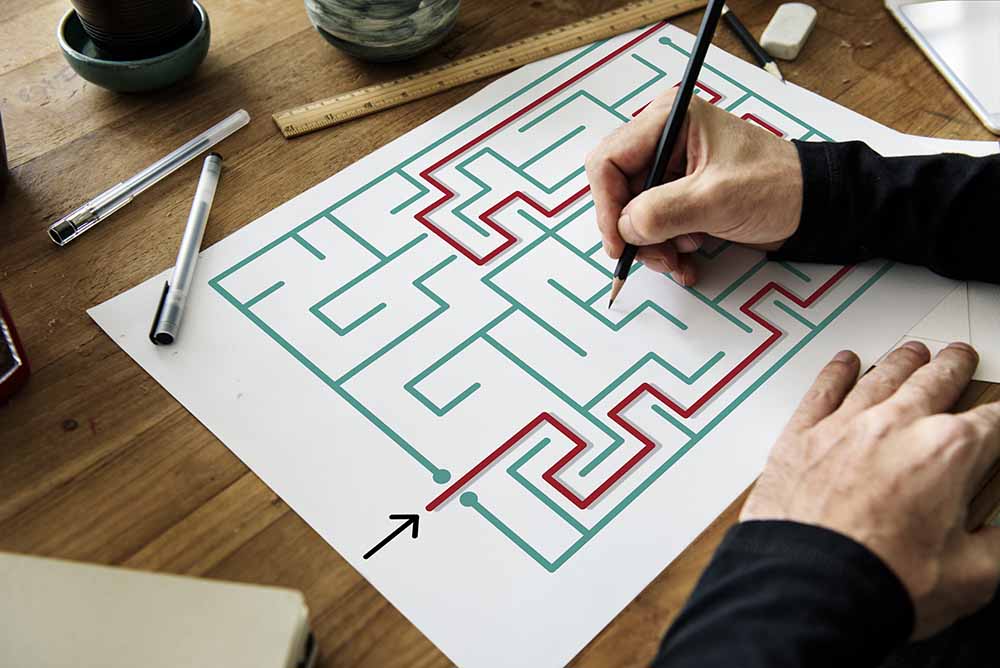Brain exercises are activities that engage and challenge your cognitive functions. Just as physical exercises strengthen your body, brain exercises stimulate your brain, promoting mental sharpness and overall cognitive health.
Why Brain Exercises are Important
Regular mental exercise is crucial for maintaining cognitive health and preventing cognitive decline. Brain exercises help create new neural pathways, improve memory, enhance problem-solving skills and boost overall mental fitness.
How Brain Exercise Helps Each Age Group
Brain exercises benefit individuals of all ages. For younger individuals, they aid in cognitive development and learning. For adults, they maintain cognitive function and reduce the risk of age-related decline. Seniors benefit by staying mentally active and delaying cognitive decline.

Types of Brain Exercises
1. Memory Games: Sudoku, memory cards and word recall.
2. Puzzles: Crossword puzzles, jigsaw puzzles and logic puzzles.
3. Mental Math: Solve math problems mentally.
4. Brain-Training Apps: Lumosity, Elevate and Peak.
5. Reading and Learning: Engage in new subjects or languages.
6. Music and Art: Learn to play a musical instrument or create art.
7. Mindfulness Meditation: Enhance focus and reduce stress.
8. Critical Thinking: Solve riddles, brainteasers and lateral thinking puzzles.
9. Visualisation: Imagine vivid scenarios to improve creativity.
10. Social Interaction: Engage in conversations and debates.
11. Strategy Games: Chess, strategic board games, and strategy video games.
12. Neurobics: Perform routine tasks with a new approach.
13. Physical Exercise: Activities like dancing that engage the mind and body.
14. Journaling: Reflect on thoughts and experiences.
15. Neurofeedback: Use technology to improve brainwave patterns.
Each exercise challenges different cognitive skills. For example, memory games enhance recall abilities, puzzles improve problem-solving skills, mindfulness meditation boosts focus and neurobics fosters mental flexibility.
How Brain Exercises Improve Memory and Analytical Thinking
Brain exercises stimulate the brain's plasticity, strengthening neural connections. This leads to improved memory retention and analytical thinking. Engaging in diverse cognitive tasks challenges your brain and enhances its ability to adapt and learn.

Conclusion
Engaging in brain exercises is a proactive step towards maintaining cognitive health and mental fitness. Whether you're tackling puzzles, honing critical thinking, or exploring new skills, these activities challenge your mind and promote its agility. Regular practice not only keeps your brain sharp but also contributes to a fulfilling and enriched life.
FAQs
Can brain exercises prevent cognitive decline?
While brain exercises can't entirely prevent cognitive decline, they can help delay its onset and maintain cognitive function as you age.
How often should I do brain exercises?
Incorporate brain exercises into your routine a few times a week. Consistency is key for optimal cognitive benefits.
Can brain exercises improve memory in younger individuals too?
Absolutely, brain exercises can enhance memory and cognitive skills in people of all ages, including young individuals.